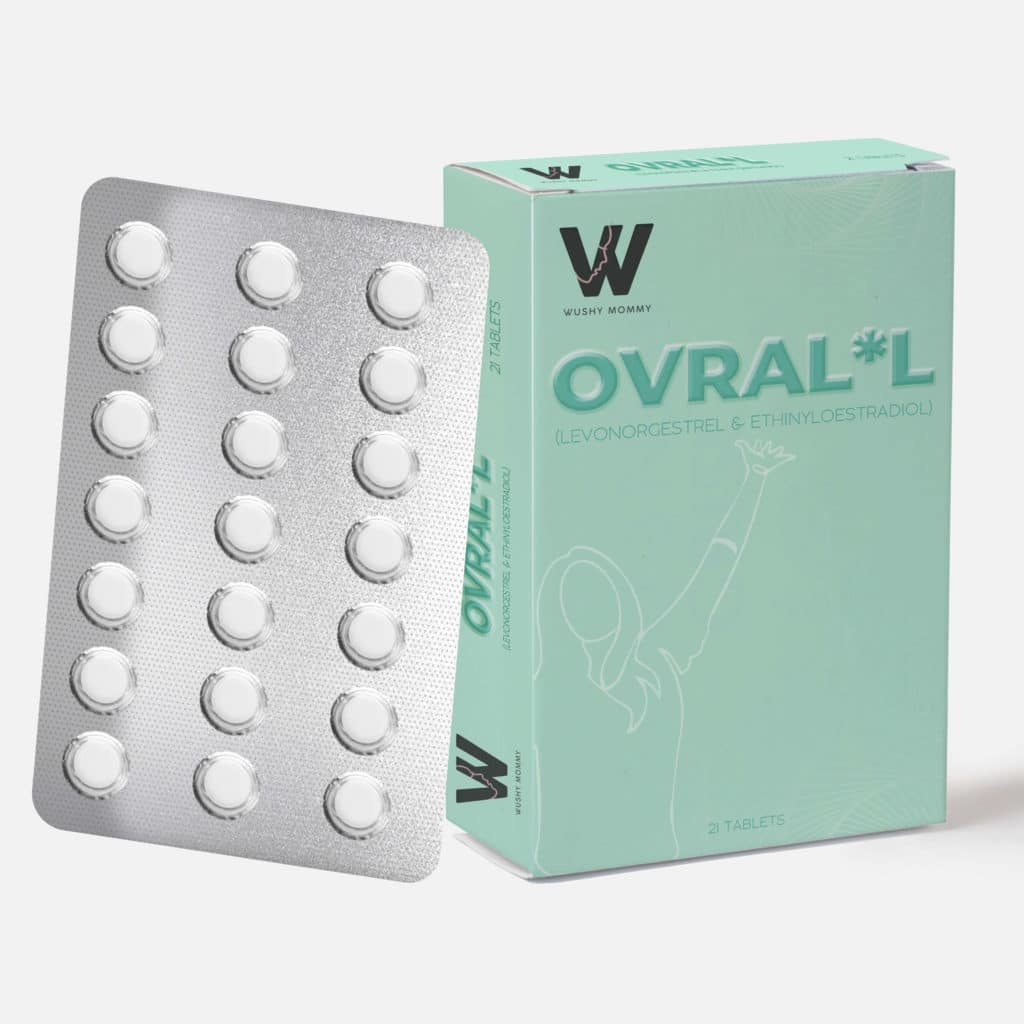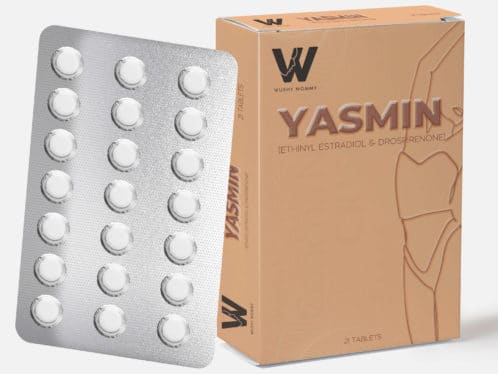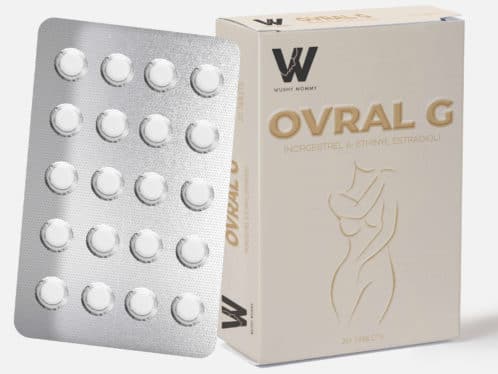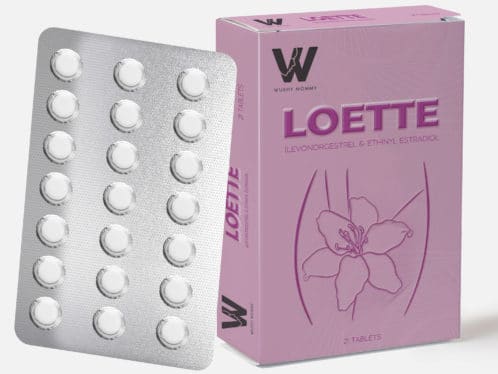Description
Ovral L is a hormonal medication that is consumed as contraception to prevent pregnancy by inhibiting the release of an egg from the ovaries. It contains a combination of two hormones – a progestin called Levonorgestrel (0.15 mg) and an estrogen called Ethinyl Estradiol (0.05 mg). Even though it is administered as an effective birth control medication, it may help with many other issues such as irregular periods, acne, dysmenorrhea, excessive bleeding, and risk of ovarian cysts.
Ovral L does not provide any protection against sexually transmitted diseases.
How Does Ovral L Work?
Ovral L works by repressing the release of an egg during the menstrual cycle, thus preventing pregnancy.
- It also alters the endometrium (membrane) lining of the uterus to prohibit the latching of the fertilized egg. The unattached egg passes out of the body eventually.
- It changes the consistency of the vaginal fluid, making it thicker, to obstruct the smooth passage of sperm to the egg, thus stopping fertilization from happening.
Who Should Not Take Ovral L?
Ovral L should not be used if you are pregnant or have recently had a baby (less than 4 weeks since the delivery) or breastfeeding. It’s also not recommended for the following conditions:
- Allergy to Levonorgestrel or Ethinyl Estradiol.
- Hypertension
- Any present or previous heart condition such as – chest pain, irregular heartbeat, coronary artery disease, heart valve disease.
- A history of a blood clot, heart attack, or stroke.
- In case you are at risk of having any blood clotting disorder (hereditary or due to heart disorders)
- Diabetes, and/or Diabetes-related blood circulation problems.
- Any disorder of liver – disease or cancer
- A history of uterine, cervical, breast, or vaginal cancer
- Severe migraine
- A gall bladder disorder
- Any kidney disease
- Any issue related to thyroid
- A history of jaundice caused by pregnancy or contraceptives.
- If you are taking ritonavir/ombitasvir/paritaprevir containing Hepatitis C medications.
- Unexplained bleeding of the vagina
- Personal or family history of edema or angioedema
- You are above 35 years of age
*This medication increases the risk of blood clots, therefore, you would be required to stop consuming it if you have any surgery planned.







Reviews
There are no reviews yet.